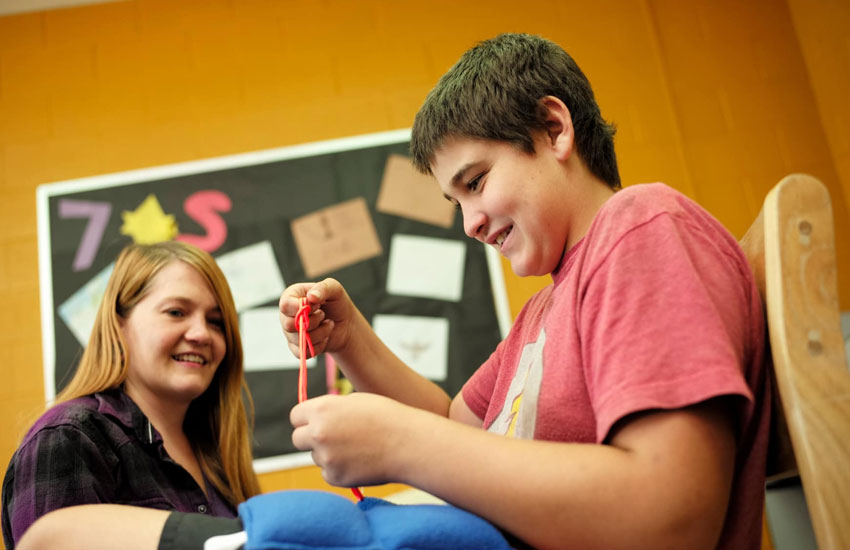Autism Adolescents
Signs of autism in older children and teenagers
Signs of autism sometimes become noticeable in school-age children. This is because the school environment can be overwhelming and might trigger autism signs or make them more obvious. In particular, children who are later diagnosed with autism might have difficulty with social situations at school. For example, they might find it hard to follow and take part in conversations appropriately, make friends, and enjoy age-appropriate interests. Some of the main social communication and behaviour signs of autism in middle childhood and adolescence are listed below. If you’ve noticed some of these signs and/or you’re worried about your child’s behaviour, seeing your child’s GP is very important. The GP can refer your child to appropriate health professionals for assessment and diagnosis.
If enough signs of autism are present, health professionals might diagnose your child with autism. Generally, health professionals will make an autism diagnosis only when they’ve ruled out other possible explanations for a child’s behavior
Autism Adolescents: Social Communication

Older autistic children and teenagers typically have trouble using both verbal and nonverbal communication for social purposes.
Verbal communication
Older autistic children and teenagers might:
- have trouble taking turns in conversations – for example, they might like to do all the talking or find it hard to answer questions about themselves
- talk a lot about favourite topics, but find it difficult to talk about a range of topics
- be confused by language and take things literally – for example, they might be confused by the expression ‘Pull your socks up!’ and actually pull up their socks
- have an unusual tone of voice, or use speech in an unusual way – for example, they might speak very loudly, or in a monotone voice or with an accent
- have very good vocabularies and talk in formal, old-fashioned ways
- find it hard to follow instructions with more than one or two steps.
Autism Adolescents: Nonverbal communication
Older autistic children and teenagers might:
- have trouble reading nonverbal cues, like body language or tone of voice, to guess how someone else is feeling – for example, they might not understand when adults are angry based on their tone of voice, or they might not be able to tell when someone is teasing them or using sarcasm
- use eye contact in an unusual way – for example, they might make less eye contact than others, or not use eye contact when they’re spoken to
- express few emotions on their faces, or not be able to read other people’s facial expressions – for example, they might not be able to tell whether someone likes them in a romantic way
- use very few gestures to express themselves.

Autism Adolescents: Developing Relationships
Older autistic children and teenagers might:
- prefer to spend time on their own, rather than with their peers
- need other children to play by their rules and get upset if their rules aren’t followed
- have trouble understanding the social rules of friendship
- have difficulty making friends and have few or no real friends
- have trouble relating to children their own age and prefer to play with younger children or adults
- have difficulty adjusting their behaviour in different social situations
- invade personal space by getting too close to people.
Behaviour signs of autism in older children and teenagers
Repetitive behavior and interests
Older autistic children and teenagers might:
- have unusual interests or obsessions – for example, they might collect sticks or memorise football statistics but not really be interested in the game
- have compulsive behavior – for example, they might line things up or need to close all the doors in the house
- have an unusual attachment to objects – for example, they might carry toys around, or collect unusual items like chip packets or shoelaces
- be easily upset by change and like to follow routines – for example, they might like to sit in the same seat for every meal or have a special order for getting ready in the morning
- repeat body movements or have unusual body movements, like hand-flapping or rocking
- make repetitive noises – for example, grunts, throat-clearing or squealing.
Sensory sensitivities
Older autistic children and teenagers might:
- be sensitive to sensory experiences – for example, they might be easily upset by certain sounds or uncomfortable clothes, or eat only foods with a certain texture
- seek sensory stimulation – for example, they might like deep pressure, seek vibrating objects like washing machines, or flutter fingers to the sides of their eyes to watch the light flicker
- be less responsive to pain than other children.

